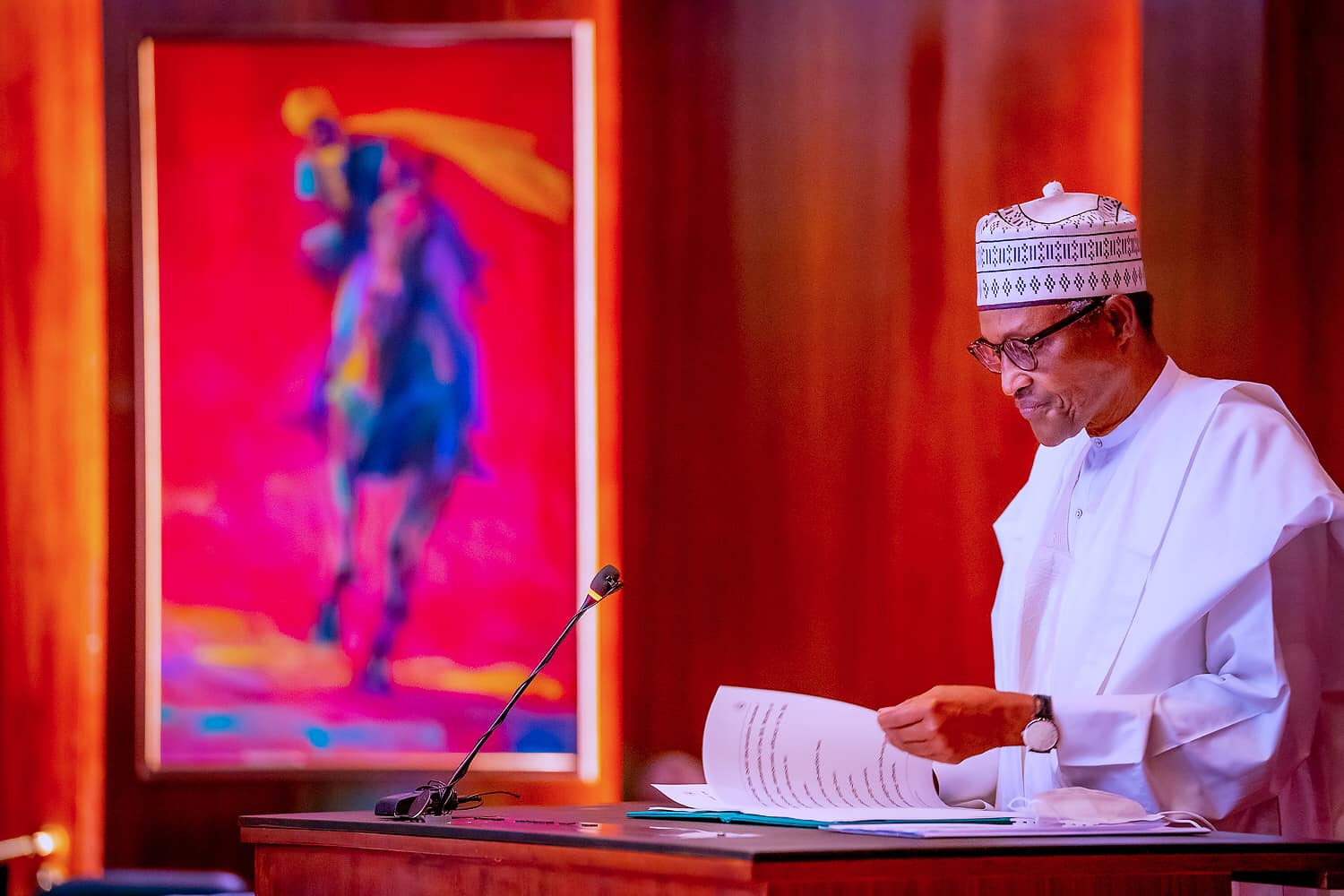By Nick Dazang
Permit me to begin this treatise by paying glowing tribute to those who made the birthing of the Electoral Act 2022 (which supplants the Electoral Act 2010 (as amended) possible.
Special tribute must be paid to the Independent National Electoral Commission (INEC) for its courage and perseverance. For even before the advent of the Justice Mohammad Lawal Uwais Committee on Electoral Reforms, the Commission had begun to canvass for its own unbundling and the establishment of an Electoral Offences Commission and Tribunal to deal with the challenges of violence and ballot snatching, which had become rampant by 2007.
- NIGERIA DAILY: Why Epilepsy Is A ‘Disgrace’ To Society
- Get-rich syndrome and the future of Nigerian youth
As with all births, there were pangs. The quest for electoral reforms became arduous and protracted, all thanks to a hitherto obtuse and self-serving political class. President Muhammadu Buhari, who rode to power on the crest of credible elections and reforms, did not help matters by his inexplicable vacillations. By assenting to the Electoral Amendment Bill late, the President has compelled the Commission to adjust the date for the presidential election.
In spite of the President’s ham handedness, the Electoral Act 2022 speaks eloquently to the great things we can accomplish as a nation when we work in concert and with determination. Having established this ennobling vista, the Electoral Act 2022 should quickly pave way for three things: the issuance of the Timetable And Schedule of Activities for the conduct of the 2023 General Elections(already done); issuance of the Regulations and Guidelines for the elections; and developing a comprehensive Manual for the conduct of the elections.
There is no doubt that there are progressive and positive provisions/clauses in the Electoral Act 2022, hence the earlier intense and sustained clamour for it by stakeholders. One of the most significant clauses in the new Act is Clause 3(3), which stipulates that funds for general elections must be released, at least, one year to the conduct of elections. This is crucially important because it will further reinforce the independence of the Commission and preclude it from going, cap in hand, either to the Legislative or Executive branch, begging for its budget to be appropriated. This clause will make it impossible to hold the Commission to ransom or blackmail it. It will put the Commission on a secure and comfortable keel to procure its goods and services and to do so timeously. And the kind of logistics nightmare the Commission faced in 2019 on account of the late passage and appropriation of its budget will now be history.
Also significant in the Electoral Act 2022 is clause 47, which gives legal teeth to the aging Smart Card Reader (SCR) and any technology for that matter that INEC intends to deploy. This confers on the Commission the latitude and carte blanche to use technology – which is dynamic- as appropriate to enhance the transparency of elections and to transmit results, real time, from Polling Units on Election Day. The import of this clause is better appreciated when gleaned against the background of the Supreme Court ruling in 2015, to wit: that the SCR was strange to the law.
Clause 29 stands out in bold relief because it insists that political parties shall submit the list of their candidates to the Commission, not less than 180 days to the conduct of the elections. This gives the Commission six months between the date the parties submit the list of their candidates and Election Day. Within these six months, INEC should be able to procure all its goods and services and perform readiness and quality assurances. Note that the procurement process takes three months to be consummated and another three months to import machinery/sensitive materials.
Related to the above clause is that all the information submitted by each candidate shall be accompanied by an affidavit sworn to by such a candidate at the Federal High Court, High Court of a State, or the Federal Capital Territory, indicating that he/she has fulfilled all the constitutional requirements for election into that office. Taken together with the fact that the political parties have two ample months to conduct primaries and resolve all disputes arising therefrom, it means we shall witness a negligible number of court-ordered elections arising either from shambolic primaries or rogue candidates foisted by party big wigs. We shall see less expenses, if any, incurred by the Commission and other stakeholders arising from lack of internal democracy or due process by the political parties. This will ultimately bring down the high cost of elections, which has aroused disquiet in recent times.
Clause 50, which gives legal backing to electronic transmission of results from the Polling Units should foster more transparency to the process, elicit the confidence of stakeholders, make nonsense of ballot snatching and increase voter turnout on Election Day. Though voter apathy is partly caused by lack of the delivery of good governance by the political class, most Nigerians are likely going to turn up, in droves, to register and eventually to vote, knowing that their votes will ultimately count and that they can determine who governs them.
In concert with international best practices, clause 51 lays a premium on inclusion of Persons With Disability (PWD), whose population as at 2020 was put at 27million. This is a boost to the Commission, which had put Persons with Special Needs on the front burner and which had, for good measure, proactively established a Department of Gender and Inclusivity to address their concerns.
The above clauses and others not discussed, for want of space, will certainly add considerable value to the electoral process, strengthen the Commission and enable it to conduct elections that meet the aspirations of Nigerians and members of the international community for exquisite elections. However, a lot depends on the scrupulous and steadfast implementation of this new Act. The Electoral Act 2022, by itself, is not a cure-all for the challenges that beset the electoral process. As we have seen in the conduct of recent elections, violence, ballot snatching and vote buying and trading bedevil our elections and subvert their integrity. There are still glitches being experienced with the Bimodal Voter Accreditation System (BVAS), which need to be immediately addressed to assuage the anxiety of stakeholders. Polls continue to open late to the chagrin of voters. And in the implementation of these new provisions, issues are likely to arise. Thus, even though the Electoral Act 2022 is a remarkable improvement on the Electoral Act 2010(as amended), the right approach to take is to view it as work in progress.
Nick Dazang is former Director, Media and Public Enlightenment, INEC

 Join Daily Trust WhatsApp Community For Quick Access To News and Happenings Around You.
Join Daily Trust WhatsApp Community For Quick Access To News and Happenings Around You.


